Choosing the right toys for your preschooler can feel overwhelming. With so many options out there, how do you know which ones will truly capture their attention and help them learn?
This guide we’ll explore the toys that preschoolers genuinely love and the hidden learning benefits they offer. Imagine your child engaged, happy, and developing important skills—all while playing!
Introduction: The Power Of Play In Preschool Years
The right toys not only entertain but also help children develop critical skills. Understanding the power of play during these years is essential. Play is not just play; it is a pathway to learning and growth.
More Than Just Fun
Play is critical for cognitive, social, emotional, and physical development. It allows preschoolers to explore their world and express themselves. Toys play a vital role in this process. The right toys can unlock new skills and understanding. Here are some benefits of play:
- Enhances creativity and imagination
- Improves problem-solving skills
- Encourages social interaction
- Promotes physical coordination
Preschoolers learn best through hands-on exploration. They thrive in environments that challenge their thinking and curiosity. For example, blocks, art supplies, and puzzles can stimulate their minds.
Understanding Their World
Ages 3-5 are marked by rapid language, imaginative, and social growth. During this time, preschoolers begin to understand their surroundings better. They form connections with others and learn to express their feelings. Toys can play a key role in this development.
Interactive toys encourage conversations and sharing. They can help children build vocabulary and social skills. Here are some examples of toys that support this growth:
- Role-play costumes
- Board games that require turn-taking
- Musical instruments to explore sounds
These types of toys encourage children to engage with their peers. They learn to cooperate, negotiate, and resolve conflicts. Each interaction helps them navigate their social world.
Toys should match their interests. This keeps them engaged and motivated to learn. When children are excited about play, they are more likely to explore new concepts. Choosing toys that spark their curiosity can lead to rich learning experiences.
Building & Constructing: Developing Motor & Spatial Skills
Building toys provide a fun way for children to express themselves. They can create whatever they imagine. Through this process, kids grow in many ways.
Classic Building Blocks (Wooden, Lego Duplo, Magna-tiles)
Classic building blocks are timeless. They have been popular for generations. These toys foster fine motor skills and hand-eye coordination. Children learn to grasp, stack, and balance pieces. This activity develops dexterity and teaches the concept of balance.
- Wooden Blocks: Durable and safe. Great for imaginative play.
- LEGO DUPLO: Bigger blocks for tiny hands. Encourages creativity with structured sets.
- Magna-Tiles: Magnetic pieces that stick together. They promote open-ended construction.
Classic building blocks help children learn while having fun. They inspire imagination and creativity. As kids build, they also develop critical thinking skills.
Interlocking & Stacking Toys
Interlocking and stacking toys are excellent for preschoolers. They come in various shapes and sizes. These toys help develop motor skills and coordination. Children learn to fit pieces together. This activity improves spatial reasoning and problem-solving skills.
- Bristle Blocks: Soft and easy to grip. They encourage creativity and flexibility in building.
- Oversized Snap-Together Pieces: Perfect for little hands. Kids can create large structures safely.
These toys also teach children about balance. When stacking, kids learn how to create stable structures. This introduces them to basic engineering concepts. Here’s how they benefit development:
| Toy Type | Benefits |
|---|---|
| Bristle Blocks | Foster fine motor skills and hand-eye coordination. |
| Snap-Together Pieces | Encourage spatial reasoning and problem-solving. |
Interlocking and stacking toys provide endless possibilities. They allow preschoolers to explore and create. As they play, they build a strong foundation for future learning.
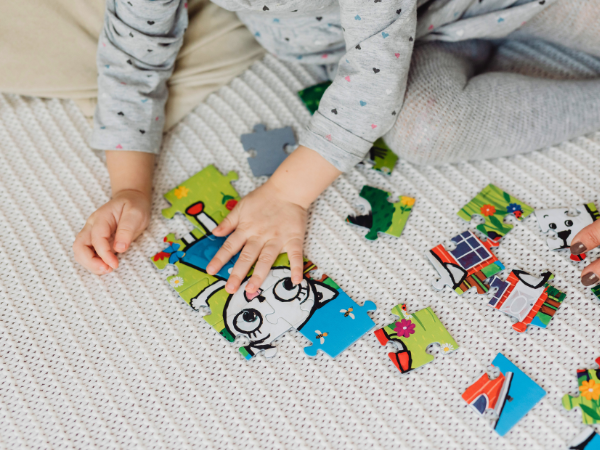
Imaginative & Pretend Play: Nurturing Creativity & Social Skills
Imaginative and pretend play is vital. It nurtures creativity and social skills. Through role-playing, children express themselves. They learn to collaborate with others.
Dress-up Clothes & Props
Dress-up clothes and props are essential for imaginative play. From superheroes to princesses, the options are endless. Children can transform into anyone they want. This encourages creativity and self-expression.
When kids dress up, they engage in storytelling. They create adventures and act them out. This helps develop language skills through dialogue and narration. Role-playing also fosters empathy and understanding of social roles.
- Stimulates imaginative role-playing.
- Boosts confidence as kids try new identities.
- Enhances social skills through group play.
- Encourages problem-solving as they navigate different scenarios.
When kids dress up, they engage in storytelling. They create adventures and act them out. This helps develop language skills through dialogue and narration. Role-playing also fosters empathy and understanding of social roles.
Play Kitchens, Tool Benches & Dollhouses
Play kitchens, tool benches, and dollhouses are fantastic for pretend play. They provide opportunities for mimicking real-world activities. Children learn about cooking, building, and family life. These toys are not just fun; they are educational.
Here are key benefits of these toys:
- Encourage social interaction and cooperative play.
- Help children understand roles within a family.
- Promote sharing and teamwork through group play.
- Enhance creativity through imaginative scenarios.
In a play kitchen, kids can pretend to cook meals. They learn about food and nutrition. This encourages language development as they describe their creations. A tool bench allows kids to build and create. They develop fine motor skills and problem-solving abilities.
Early Learning & Cognitive Development: Play With Purpose
Early learning and cognitive development happen naturally with the right toys. These toys not only entertain but also teach. They help kids explore the world around them. Children learn to think critically and solve problems.
Puzzles & Shape Sorters
Puzzles and shape sorters are excellent tools for young minds. They offer more than just fun. These toys help preschoolers:
- Enhance problem-solving abilities and logical thinking.
- Improve fine motor skills and spatial awareness.
- Introduce concepts of matching, categorizing, and sequencing.
With puzzles, children learn to see patterns and complete tasks. Shape sorters teach them to recognize shapes and colors. They also build confidence as they complete each challenge. Here’s a simple table showing the benefits of these toys:
| Toy Type | Benefits |
|---|---|
| Puzzles | Problem-solving, logical thinking, pattern recognition. |
| Shape Sorters | Shape recognition, color identification, fine motor skills. |
Choosing the right puzzles and shape sorters can make learning fun. Look for options that are age-appropriate. This ensures they provide just the right level of challenge.
Arts & Crafts Supplies
Arts and crafts supplies ignite creativity in preschoolers. They encourage self-expression and creative exploration. These supplies develop fine motor control and hand-eye coordination. Children learn to use tools like large crayons, washable paints, and safety scissors.
- Encourage imagination through different art forms.
- Help kids make connections between colors and shapes.
- Support storytelling and sharing ideas.
Arts and crafts also enhance critical thinking. Children make choices about colors and materials. They see the results of their creativity. Here’s a list of great art supplies:
- Large crayons
- Washable paints
- Playdough
- Safety scissors
These supplies inspire endless possibilities. Kids can create their own masterpieces. They can explore textures and colors while having fun.
Outdoor & Active Play: Gross Motor Skills & Exploration
Outdoor play helps them develop important skills. Active play promotes physical growth. It also encourages exploration of their environment. Toys that promote gross motor skills, balance, and coordination are essential. They help kids learn while having fun.
Ride-on Toys & Scooters (3-wheel)
Ride-on toys and 3-wheel scooters are great choices for preschoolers. These toys provide opportunities for active outdoor play. Kids use their legs to push off the ground. This simple action helps develop gross motor skills.
- Encourages independence and exploration.
- Promotes physical development and active engagement.
- Boosts confidence through achievement.
- Available in various colors and designs for added fun.
Parents can encourage cooperative play and sharing with these toys. Kids can ride together, learning teamwork.
Balls, Swings & Sand/water Play
Balls, swings, and sand/water play are also excellent for preschoolers. These toys promote physical development and active engagement. Kicking, throwing, and catching balls develop coordination. Swings enhance balance and core strength.
- Encourages sensory exploration and creative construction (sand/water).
- Supports cooperative play and sharing.
- Engages children in imaginative scenarios.
- Helps develop social skills through group play.
Sand and water play offers endless possibilities. Kids can dig, pour, and build. These activities stimulate creativity and problem-solving skills.

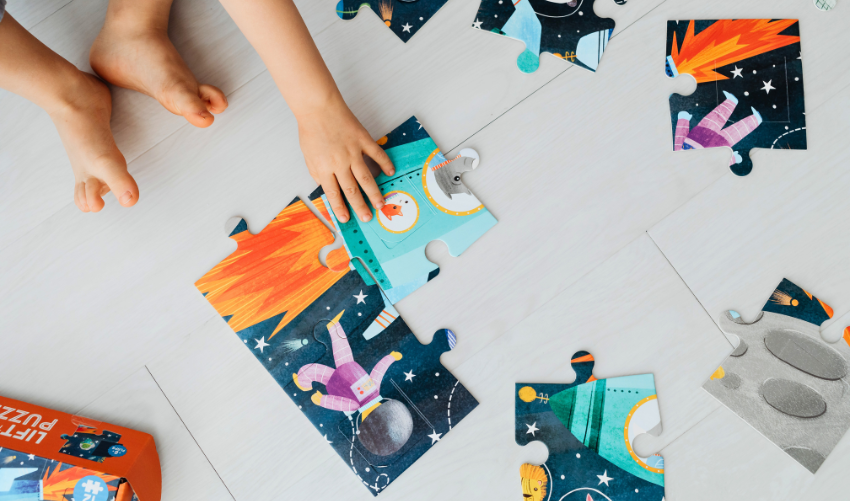
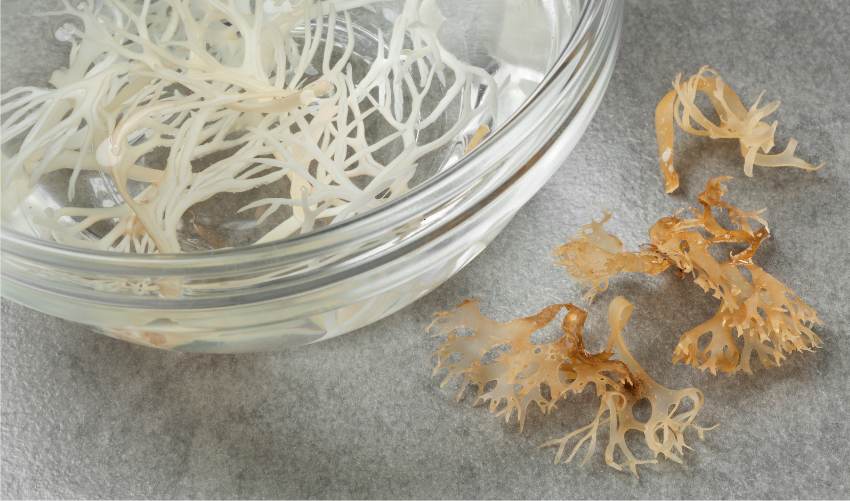
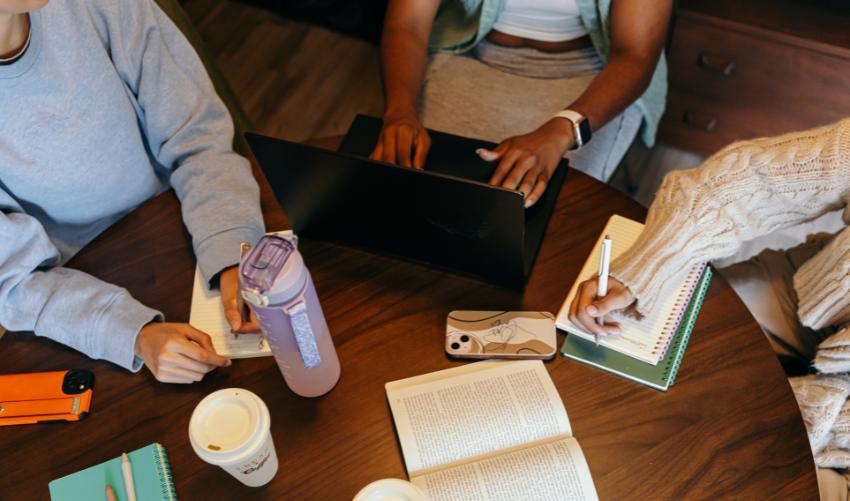
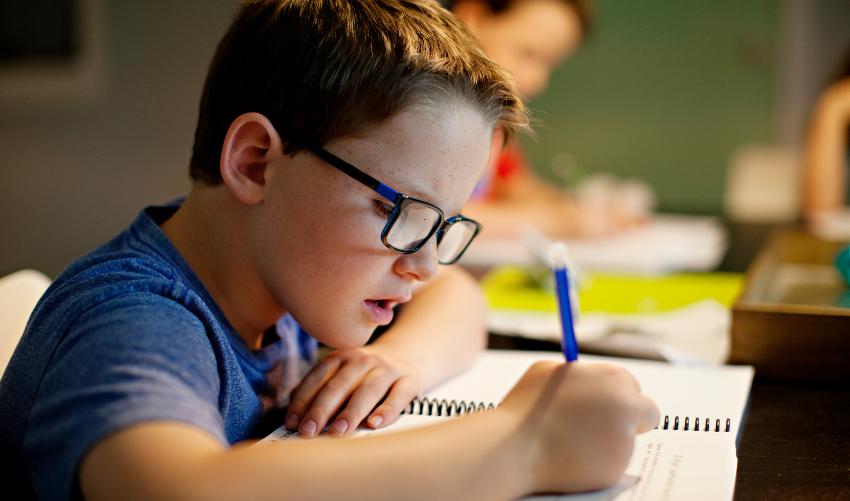
Leave a Reply